There’s a scene in Brideshead Re-Visited in which the worldly, but spiritually ignorant Rex Mottram is receiving instruction in the Catholic faith. Father Mowbray recounts how he was unable to explain the dogma of papal infallibility to Rex, “Then again I asked him: ‘Supposing the Pope looked up and saw a cloud and said ‘It’s going to rain’, would that be bound to happen?’ ‘Oh, yes, Father.’ ‘But supposing it didn’t?’ He thought a moment and said, “I suppose it would be sort of raining spiritually, only we were too sinful to see it.’”
Similar confusion exists in the popular mind concerning papal infallibility, and unfortunately the dogma continues to confound many Catholics. On the one hand we have Catholics who believe whatever a pope says must be divinely inspired, and if it is not exactly infallible it should be treated as such. It is amazing how a “high” view of papal authority suddenly appears among certain Catholics when the pope happens to be agreeable to them. Thus, liberal Catholics, who for years consistently mocked, ignored and dismissed Pope St John Paul II and Pope Benedict, have suddenly become (with Pope Francis) staunch defenders of papal infallibility.
Likewise, some conservatives who took a high view of papal authority under Popes John Paul and Benedict, have discovered that they are much more open minded since the ascent of Cardinal Bergoglio to the throne of Peter.
It is worthwhile for all Catholics to be reminded the extent and limits of the dogma of papal infallibility. Defined at the first Vatican Council, the dogma states that in virtue of the promise of Jesus to Peter, the Pope is preserved from the possibility of error “When, in the exercise of his office as shepherd and teacher of all Christians, in virtue of his supreme apostolic authority, he defines a doctrine concerning faith or morals to be held by the whole Church.” Many have observed that rather than extending papal power and privilege, the definition decreases papal authority by strict limits and conditions.
First the pope himself must make the statement. Secondly, he must be speaking “ex cathedra” or “from the chair of Peter. In other words, as supreme teacher and shepherd he must be consciously making a formal papal decree. Thirdly, he must be defining a doctrine. He is not expressing an opinion or musing about current events. He is making a decision and clarifying what was previously debated. Fourth, the teaching must be about faith and morals, and fifth, the decree is vital for the fullness of the faith for the whole church universal.
Therefore, it is very rare that a pope speaks infallibly. Popes themselves have reminded us of this fact. Pope Benedict XVI said, “The Pope is not an oracle; he is infallible in very rare situations.” Pope John XXIII quipped, “I am only infallible if I speak infallibly but I shall never do that, so I am not infallible.”
A good illustration of how papal infallibility actually works is in the comparatively recent definition of the Assumption of the Blessed Virgin Mary. The Assumption was a pious doctrine that had been believed in the church from early days. The first written accounts date from the fourth and fifth centuries, but in both the Eastern and Western church the tradition and devotions developed, so that by the modern age the Assumption (or Dormition) of the Virgin was a universally celebrated feast.
What is interesting is how Pope Pius XII exercised his infallible authority. He did not wake up one morning, yawn and say, “I think I’ll define the dogma of the Assumption today.” In November 1950 he defined the dogma in his decree, Munificentissimus Deus but in 1946 he sent an encyclical letter to all the bishops of the church.
In Deiparae Virginis Mariae Pius XII points out that “for a long time numerous petitions have been received from cardinals, patriarchs, archbishops, bishops, priests, religious of both sexes, associations, universities and innumerable private persons, all begging that the bodily Assumption into heaven of the Blessed Virgin should be defined and proclaimed as a dogma of faith.” Furthermore, the definition had also been requested by the fathers of the First Vatican Council.
Therefore, the pope asked all bishops for their opinion. Not only that, he asked them to consult with the faithful. “We earnestly beg you to inform us about the devotion of your clergy and people (taking into account their faith and piety) toward the Assumption of the most Blessed Virgin Mary. More especially We wish to know if you, Venerable Brethren, with your learning and prudence consider that the bodily Assumption of the Immaculate Blessed Virgin can be proposed and defined as a dogma of faith, and whether in addition to your own wishes this is desired by your clergy and people.”
As a convert to the Catholic faith, when I first learned of this I was astounded. Rather like Rex Mottram, I assumed that papal infallibility was an example of Roman Catholic arrogance and over reaching papal power. Instead, the infallible definition of a dogma was the final seal on a process that had taken centuries to mature. The pope’s infallible definition of a dogma was also a response from grass roots requests and the result of a conscious and complete consultation process not only with the bishops and theologians, but with all the clergy and faithful. I was impressed.
The carefully worded definition of papal infallibility therefore has to be understood alongside the actual practice of papal infallibility. It is true that the pope can act unilaterally and infallibly, but in practice he only exercises his infallible charism in unity with the college of bishops, consistently with the whole teaching of the church, and in union with the Sacred Scriptures and Sacred Tradition.
What is the proper response of the faithful to the teaching authority of the pope? Regarding infallibly declared dogmas we are to give “the obedience of faith.” [CCC para. 891] Hence as Pope Pius XII solemnly stated after defining the dogma, “If anyone…should dare willfully to deny or to call into doubt that which we have defined, let him know that he has fallen away completely from the divine and Catholic Faith.” The Catechism of the Catholic Church reminds us that we are to embrace other church teachings with “religious assent.” [para. 892]
Does papal infallibility demand unthinking subservience in all things? No. We are expected to be intellectually engaged in our faith. We might personally dislike a particular pope. We might find papal teachings challenging. We may question a pope’s judgements and offer a critique of his opinions, but we always do so in a quest to understand and obey more fully. What a good Catholic cannot do is disrespect a pope, disregard his teaching and dismiss his authority in a spirit of rebellion and dissent.

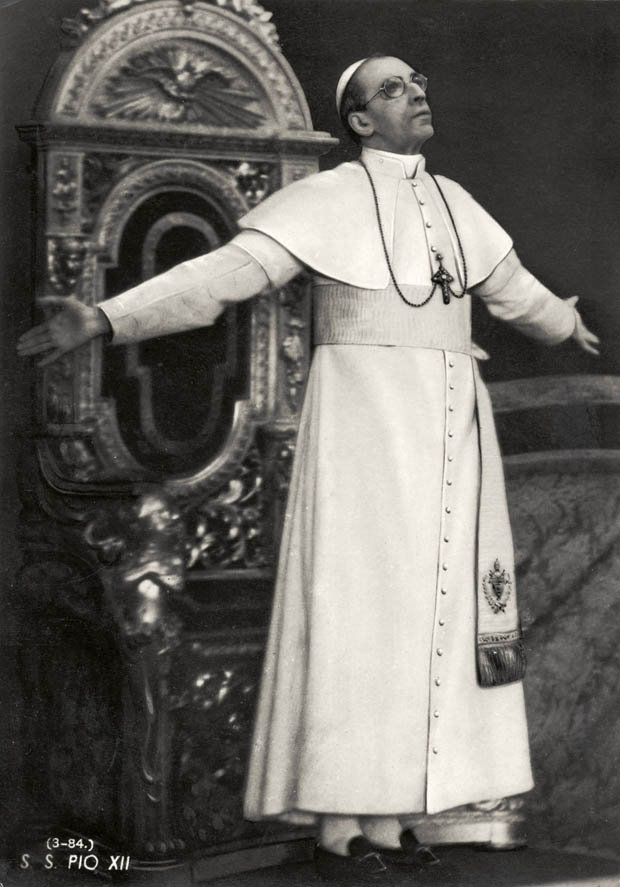
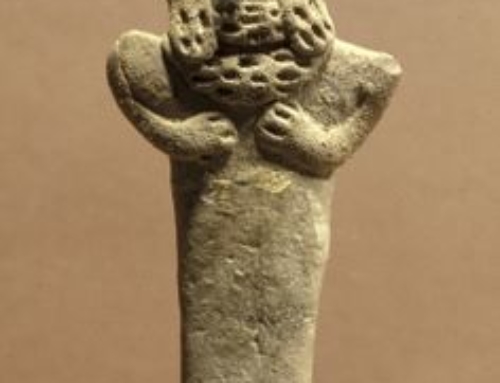
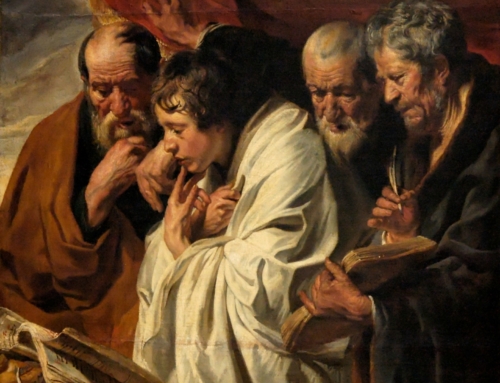
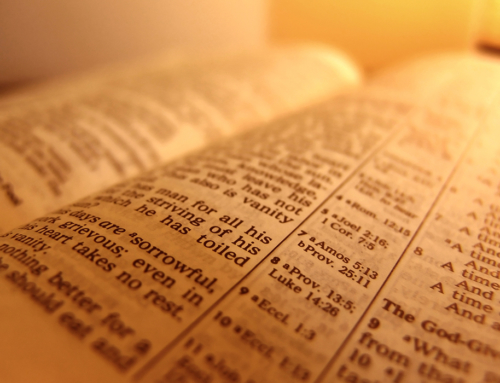

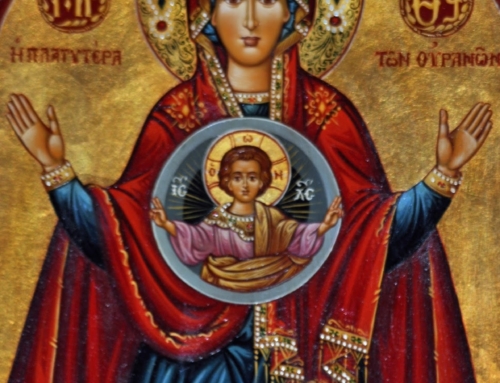
Leave A Comment
You must be logged in to post a comment.